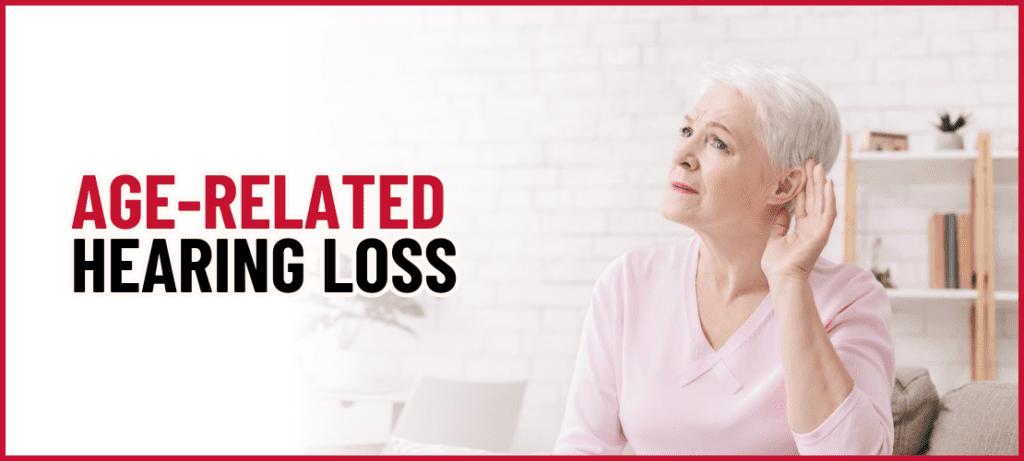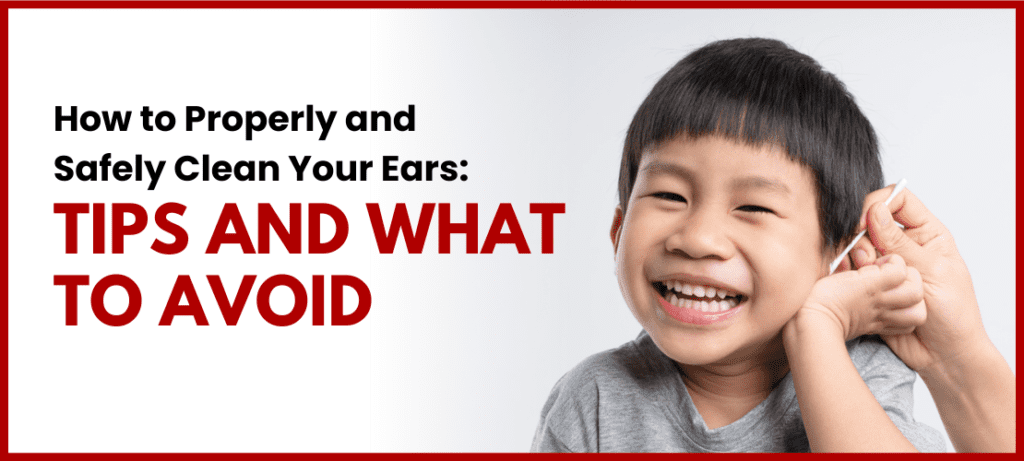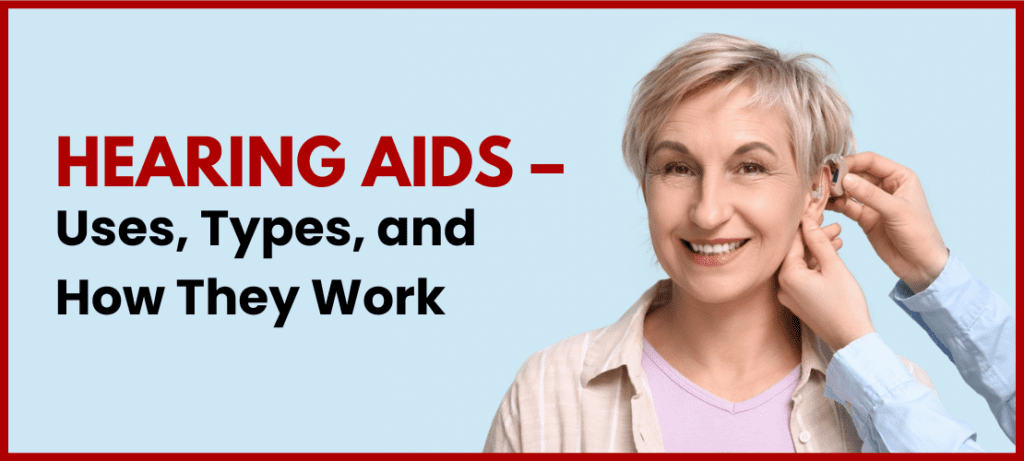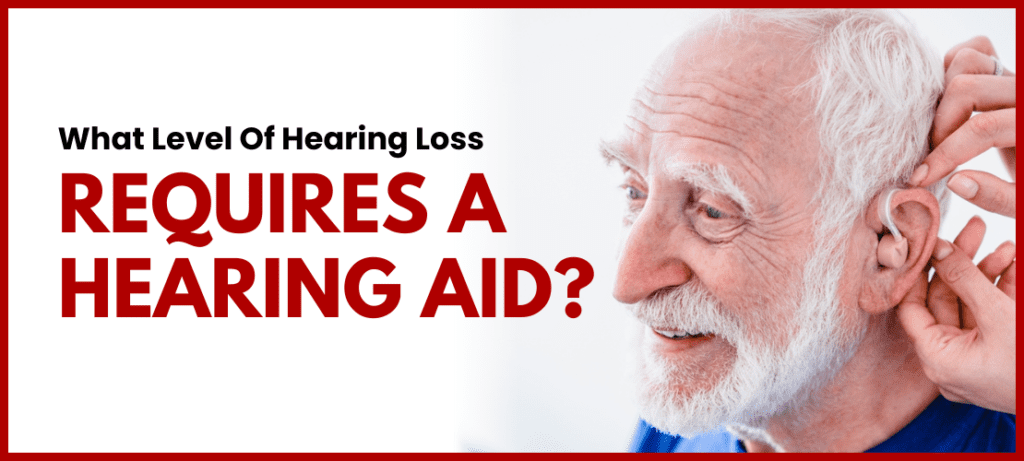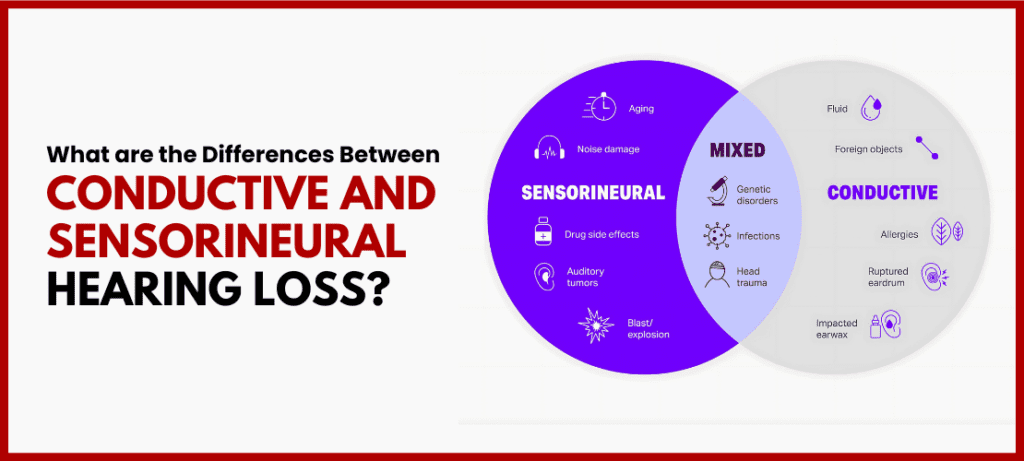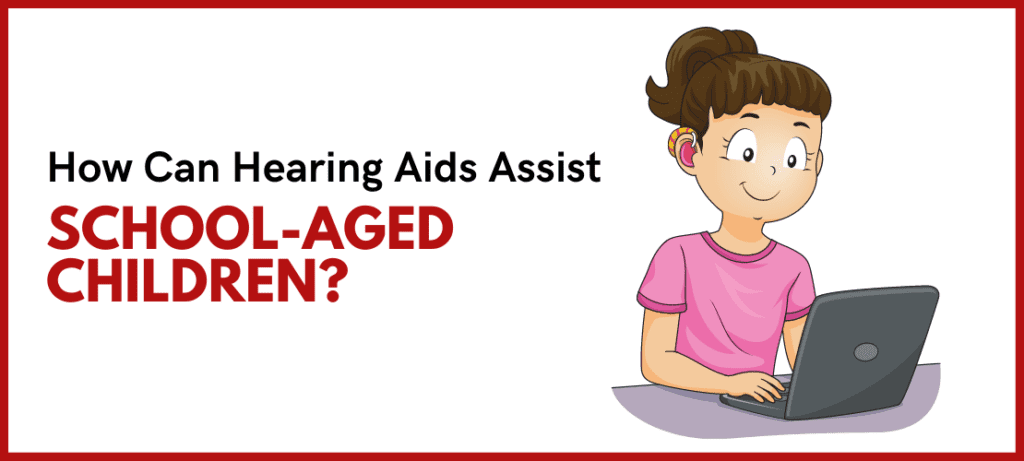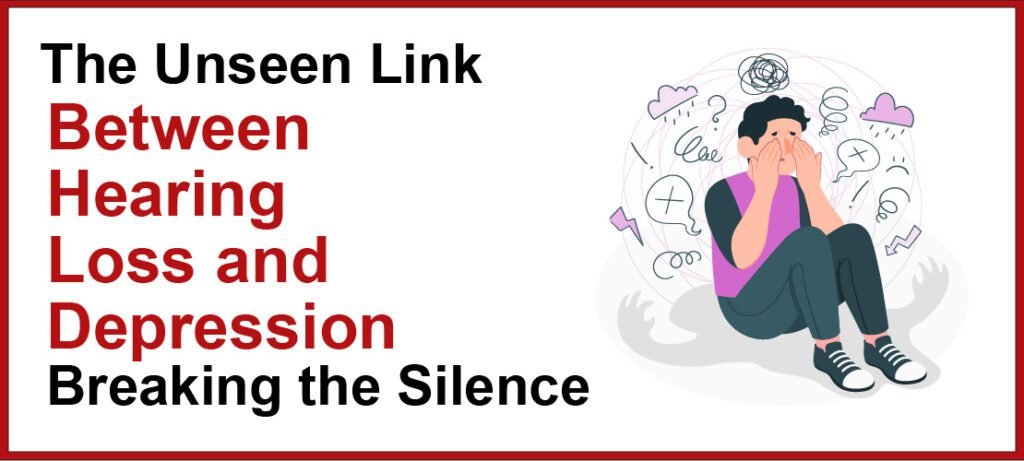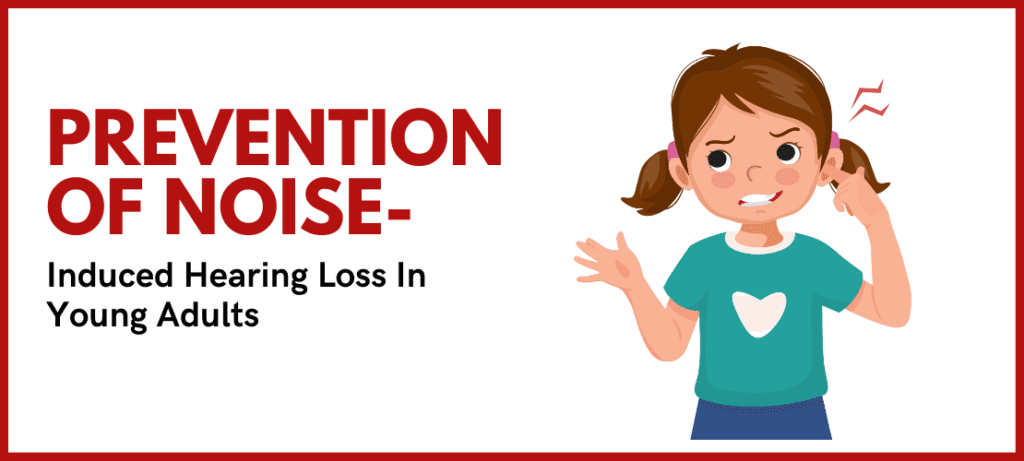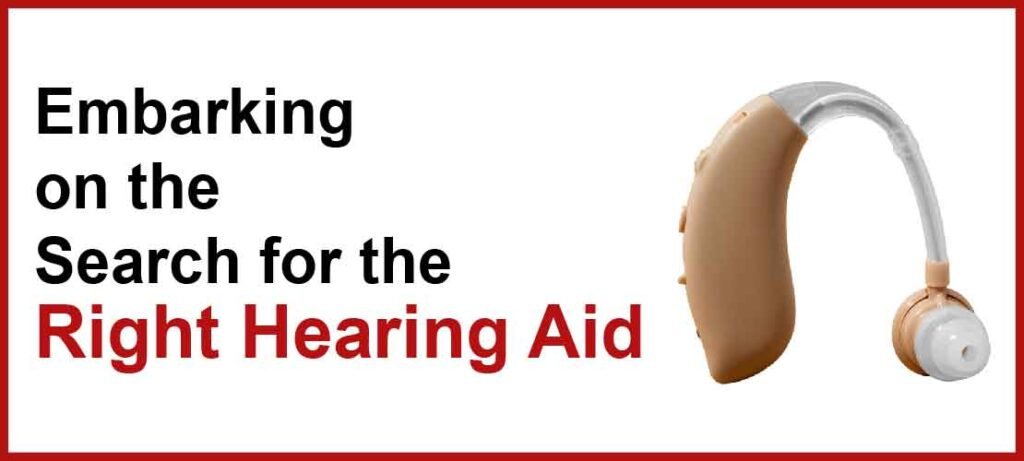Hearing Loss: Types, Symptoms, Causes & Treatment
Table of Contents
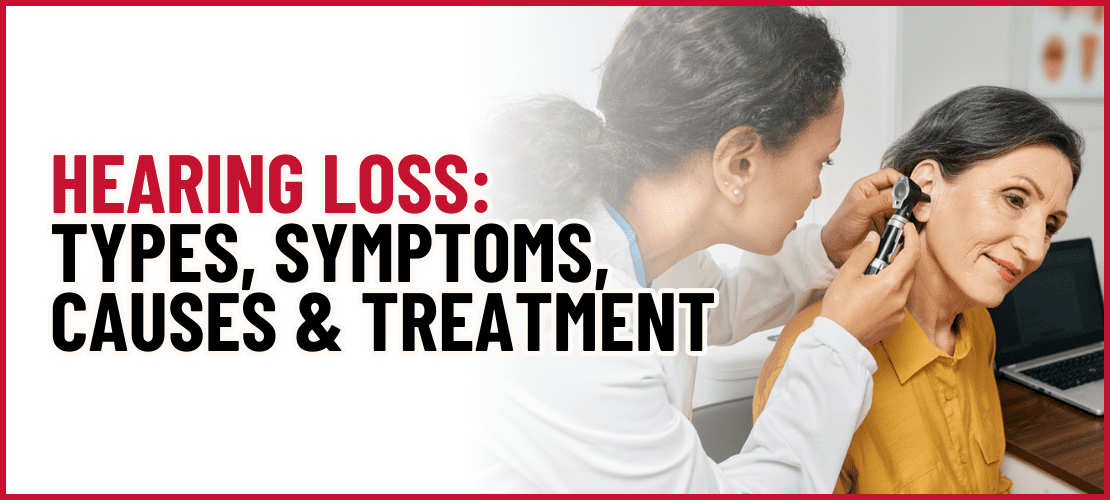
Hearing loss, also called hearing impairment or hearing disability, affects millions of people worldwide, from mild to profound, and impacts various aspects of daily communication and quality of life. Understanding what hearing loss is, its causes, signs, diagnosis, and prevention will help better manage hearing health.
What is Hearing Loss?
Hearing loss is the partial or complete inability to hear sounds in one or both ears. Although the condition is often associated with old age, hearing impairment can strike at any age and can be temporary or permanent. In fact, globally, about 5% of people, or approximately 430 million individuals, experience some form of hearing disability, which underlines how widespread this condition is.
Types of Hearing Loss
Primarily, there are three types of hearing loss, each with different causes and treatments.
- Conductive Hearing Loss: Such hearing loss involves the outer or middle ear. It is usually the result of blockages, including earwax or physical issues. Conductive hearing loss is often temporary and even curable through medical and sometimes surgical means.
- Sensorineural Hearing Loss: This accounts for the majority of SNHL, whereby the damage arises from either the inner ear (cochlea) or the auditory nerve. This kind of hearing loss causes difficulty hearing in loud environments.
- Mixed Hearing Loss: This form combines conductive and sensorineural hearing loss, where the issues lie in both the outer/middle and inner ear.
Additionally, Auditory Neuropathy Spectrum Disorder (ANSD) is a less common form where sounds reach the ear normally, but signals aren’t transmitted efficiently to the brain.
Signs and Symptoms of Hearing Loss
Recognizing the early signs of hearing problems would lead to prompt treatment and effective management of hearing health.
What Are Hearing Loss Symptoms?
The symptoms of hearing loss vary slightly depending on the severity and type. Key hearing loss symptoms include:
- Dull or cloudy hearing: Sounds, especially speech, are muffled or indistinct.
- Difficulty understanding conversations: In noisy areas, it becomes difficult to differentiate words.
- Frequent requests to repeat: Asking others to repeat themselves more often.
- Volume surge: Turning up the volume on the television or radio frequently.
- Ringing or buzzing in the ears (tinnitus): This is among the common incidental symptoms of hearing loss.
When to See a Doctor
If the hearing loss continues or worsens, it’s best to see an audiologist or an ENT specialist for hearing loss treatment. In fact, almost any form of deafness can be dealt with very effectively if treated in time.
Causes of Hearing Loss and Deafness
Knowing the causes of hearing impairment will help prevent or manage hearing loss effectively.
- Aging: Gradual hearing loss associated with aging is also known as presbycusis; it affects many adults as they age.
- Exposure to Loud Noises: This kind of exposure can impair the sensitive hair cells within the ear and cause hearing loss. According to the WHO, unsafe listening behaviors with headphones leave more than 1 billion young adults at risk for hearing loss.
- Genetics: A few types of hearing loss are inherited, so a family history also puts an individual at risk.
- Health Conditions: Chronic conditions like diabetes, high blood pressure, and infections, like meningitis, can disrupt the blood supply to the ear or damage nerves and cause hearing loss.
- Ototoxic Medications: Some medications, including specific antibiotics and chemotherapy drugs, can damage the inner ear.
What Are the Complications Associated with Hearing Loss?
Hearing disability can bring about many life-altering complications if not treated on time.
- Social Isolation: Individuals tend to become socially alienated because they cannot hear and communicate well.
- Cognitive Decline: Studies have shown that the risk of cognitive decline, as well as dementia, is higher in older adults with untreated hearing loss.
- Emotional Impact: Struggling with hearing can lead to frustration, depression, and anxiety.
Diagnosis and Tests
How is Hearing Loss Diagnosed?
A combination of tests performed by an audiologist leads to the diagnosis of hearing disability.
- Physical Examination: A doctor will check for an obstruction or other type of physical damage within the ear.
- Pure-tone audiometry: It is the most commonly used test for hearing loss. It involves playing sounds at different frequencies measured in decibels to check how quiet a person can hear.
- Speech Testing: Testing speech at various levels, including noisy environments.
What Are the Stages of Hearing Loss?
The stages of hearing loss can be detected based on hearing abilities:
- Mild: Problem in hearing soft sounds, especially in noisy surroundings.
- Moderate: Unable to hear comfortably without loud sounds.
- Severe: Hearing is only possible with very loud sounds.
- Profound: Only Extremely loud sounds are audible, and communication without assistance is very difficult.
Hearing Loss Treatment, Management, and Prevention
What are the Treatment Options for Hearing Loss?
The most common hearing loss treatments are as follows:
- Hearing Aids: These hearing aids amplify sounds and are usually beneficial for individuals with mild to severe hearing loss.
- Cochlear Implants: For profound hearing loss patients, implantable devices bypass damaged segments of the ear to directly make signals to the auditory nerves.
- Assistive Listening Devices: Amplified telephones, audio induction loops, personal FM systems, etc., can facilitate hearing in noisy environments where people are unable to distinguish speech.
Living with Hearing Loss and Deafness
Living with hearing loss is indeed challenging, but coping is within our capabilities.
- Communication Strategies: Making the conversation easy includes facing the speaker, minimizing background noise, and using visual cues.
- Support Networks: Support groups can help individuals with both resources and emotional support.
How Can I Prevent Hearing Loss?
With a few mindful steps, hearing loss prevention is possible.
- To prevent excess noise from damaging your ears, use earplugs in lousy environments. Also, you should always use headphones at medium volumes.
- Through regular check-ups, changes in hearing can be detected early to prevent severe complications.
Avoid smoking and poor habits, manage chronic conditions like diabetes, and clean your ears regularly to prevent hearing loss.
Expert Insights on Do’s and Don’ts of Hearing Loss by Dr. Prabha
Loss of hearing not only affects your ability to hear conversation ,it is linked to lack of confidence ,increased depression, social deprivation affects career opportunities and ultimate cognitive decline
The Do’s
- Protect your ear from loud noise
- Take a break if exposed to noise
- Find a reputed clinic in case of any concern about your hearing.
- Make regular hearing check up as part of you routine medical check up after the age of 40
- Medical conditions like diabetes and hypertension should be controlled
- Know if any of medicines you are taking is likely to affect your hearing
The don’ts
- Avoid excessive smoking and alcohol consumption
- Do not ignore ear infection
- Do not get ear cleaned on street
- Do not believe in Myths like it is part of aging and should wait till it is really too bad.
FAQs
Related Post
-
 Hearing Loss: Types, Symptoms, Causes & Treatment
Hearing Loss: Types, Symptoms, Causes & Treatment -
 Age-Related Hearing Loss (Presbycusis)
Age-Related Hearing Loss (Presbycusis) -
 How to Safely and Properly Clean Your Ears- Methods & What to Avoid
How to Safely and Properly Clean Your Ears- Methods & What to Avoid -
 Hearing Aids- Benefits, Different Styles/Types and How They Work
Hearing Aids- Benefits, Different Styles/Types and How They Work -
 What Level Of Hearing Loss Requires A Hearing Aid?
What Level Of Hearing Loss Requires A Hearing Aid? -
 Differences Between Conductive and Sensorineural Hearing Loss
Differences Between Conductive and Sensorineural Hearing Loss -
 When is the correct time to upgrade Hearing Aids?
When is the correct time to upgrade Hearing Aids? -
 How Can Hearing Aids Assist School Aged Children?
How Can Hearing Aids Assist School Aged Children? -
 The Impact of Hearing Loss on Cognition
The Impact of Hearing Loss on Cognition -
 Hearing Resides in Your Brain, Not Just Your Ears
Hearing Resides in Your Brain, Not Just Your Ears -
 Exploring Link Between Hearing Loss and Depression_ Breaking the Silence
Exploring Link Between Hearing Loss and Depression_ Breaking the Silence -
 New Hearing Aids? Here’s How To Make The Most Of The Device
New Hearing Aids? Here’s How To Make The Most Of The Device -
 The Unseen Link Between Diabetes and Hearing Loss
The Unseen Link Between Diabetes and Hearing Loss -
 Prevention of Noise-Induced Hearing Loss In Young Adults
Prevention of Noise-Induced Hearing Loss In Young Adults -
 Embarking on the Search for the Right Hearing Aid
Embarking on the Search for the Right Hearing Aid


